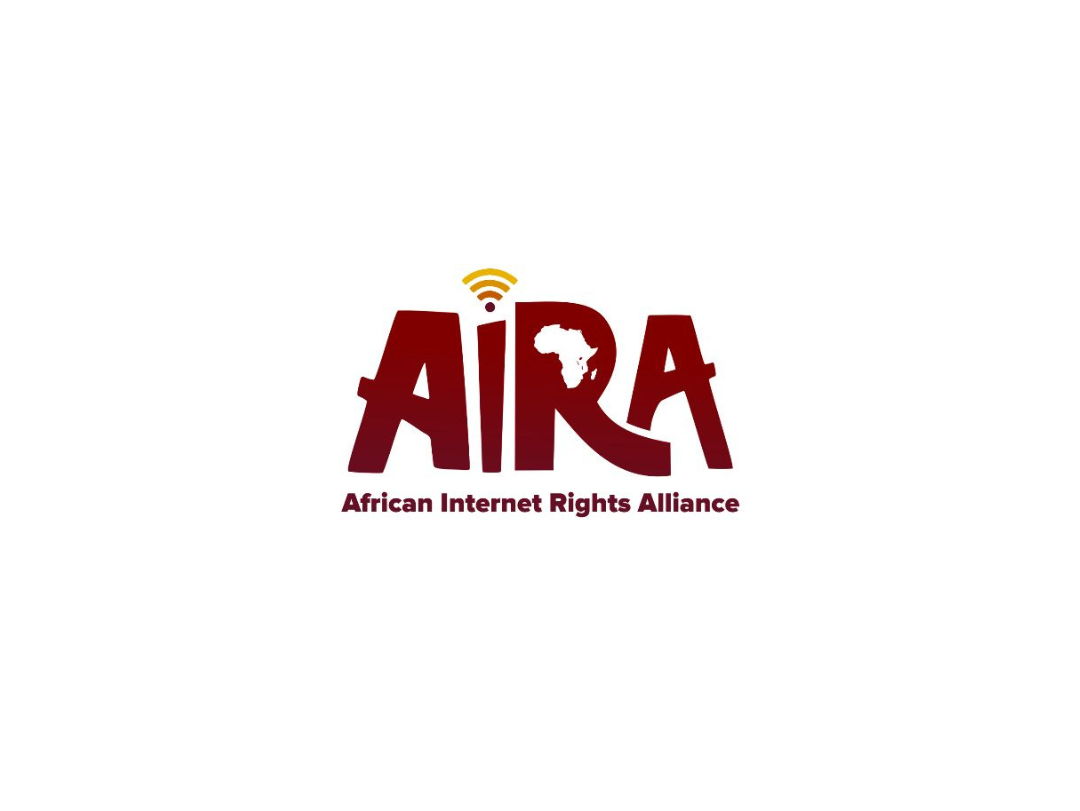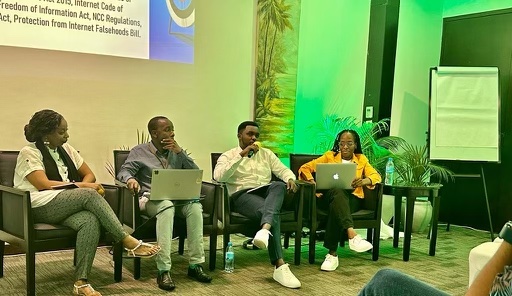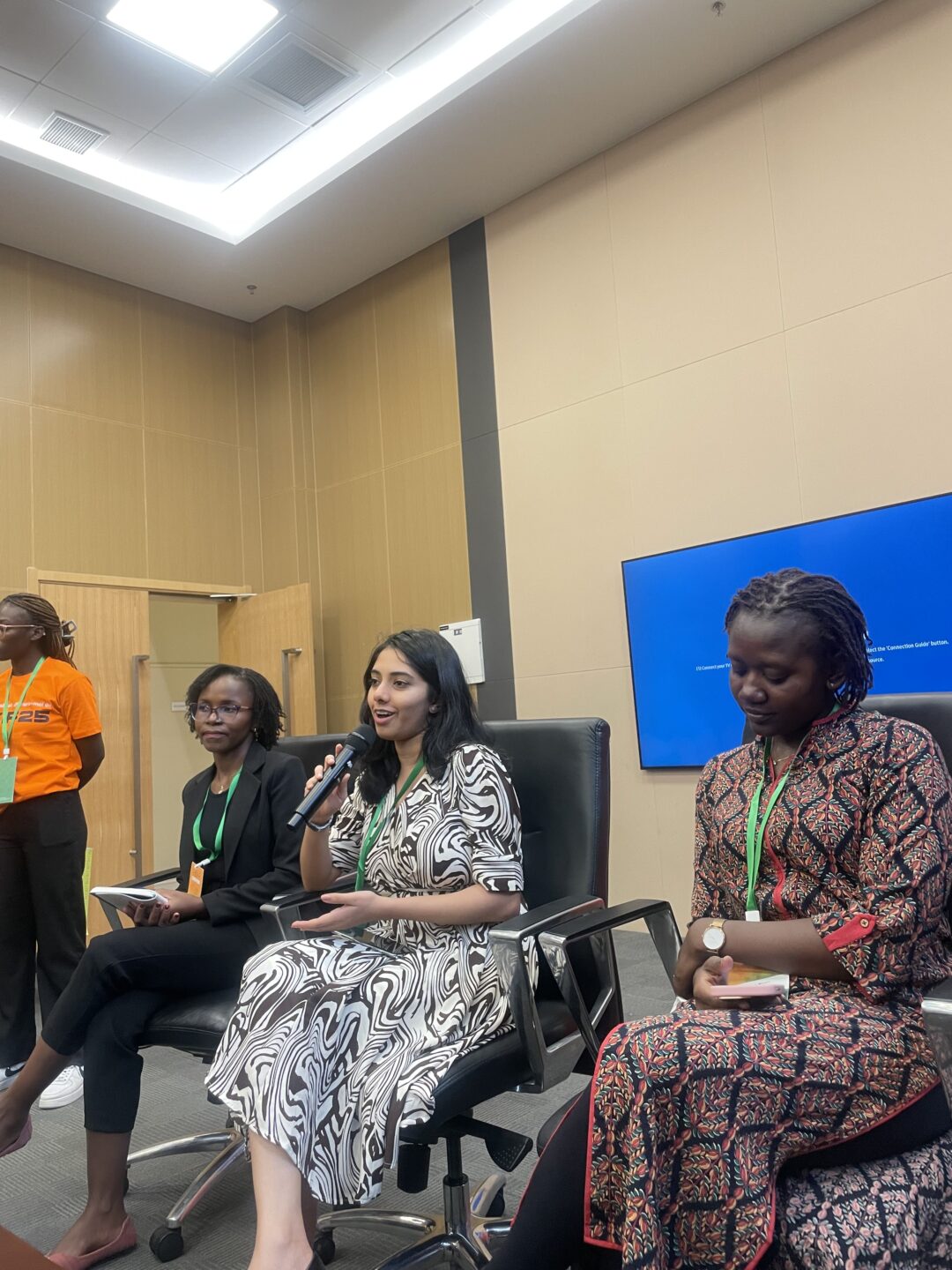The African Internet Rights Alliance (AIRA) is a network of Africa-based Civil Society Organizations (CSOs) that advance digital rights and internet freedoms across the African continent. We provide forums for regular updates, opportunities for sharing and learning from the work of AIRA members, identifying issues for joint action(s), and spaces to engage and learn from others.
Our members include; Amnesty International, Kenya, ARTICLE 19 Eastern Africa, BudgIT Foundation, Co-Creation Hub / i-Hub, The Collaboration on International ICT Policy for East and Southern Africa (CIPESA), The Centre for Intellectual Property and Information Technology Law (CIPIT), KICTANet, Legal Resources Centre South Africa, Paradigm Initiative and Pollicy.
Cognisant of an operating environment where state excesses have been noted to pose threats to Internet freedom and human rights online in Africa, we make the following calls informed by lived realities. We have noted Internet shutdowns in Africa and repressive cybersecurity laws that have posed a threat to privacy, freedom of expression and access to information. Informed by context, we hereby provide this civil society input to the zero draft of the Pact for the Future:
Chapeau: Follow up
The Pact of the Future highlights that progress on implementing the commitments in the Pact will be reviewed at the end of the eightieth session. It should further prescribe the development of an implementation map and set time-bound targets to ensure that commitments raised in the Pact of the Future are adhered to. This will contribute to improved monitoring and follow-up on commitments and actions.
Chapter 1: Sustainable development and financing for development
(No comments)
Chapter 2: International Peace and Security
We ask that:
- The pact should recognise cybersecurity as a fundamental element of international security considerations and that States need to put in appropriate measures to ensure effective cybersecurity including adequate capacity building for law enforcement agents, appropriate laws and policies.
- States should ensure that human rights are prioritised in any deployed cybersecurity measures, ensuring that there is adequate protection of personal data, respect for encryption, anonymity online and privacy.
- The pact should acknowledge the alarming rise in the utilisation of spyware and the escalating cyber threats posed by state and non-state actors, cybercriminals, and malicious entities, particularly targeting human rights defenders. State actors, notably in developing nations, must refrain from invoking national security concerns as a blanket justification for infringing upon citizens’ rights. This includes the unwarranted shutdown of access to cyberspace and the unauthorised employment of spyware without due process.
- In addition to acknowledging the profound impact of armed conflict on civilians and civilian infrastructure, the pact should underscore states’ commitment to safeguarding critical digital infrastructure and backbone systems. These technological frameworks are essential for facilitating the free flow of communication within their respective territories.
- The pact should acknowledge that online communication can potentially adversely affect offline peace and security. Therefore, States and state actors must refrain from disseminating inciteful information online. Instead, they should collaborate with stakeholders to address the spread of such content in a manner that safeguards the rights and well-being of individuals.
- In highlighting policy obligations towards the use of lethal autonomous weapons, the pact should acknowledge the dangers and use of autonomous weapons, manned or unmanned, restating the commitment of States in adhering to international humanitarian law standards in consideration of already existing violations to International humanitarian law in the use of lethal autonomous weapons.
Chapter 3: Science, Technology and Innovation and Digital Cooperation
We ask that:
- States should recognise the Internet as a critical and indispensable resource for daily life, commerce, and democratic participation. Therefore, states must reaffirm their commitment to maintaining internet connectivity and continually enhancing quality. It is crucial for States to acknowledge that shutting down the internet can result in significant material harm and impede citizens from exercising their human rights. Therefore, States must refrain from restricting or throttling internet connectivity.
- States must prioritise human rights and adhere to international human rights standards when developing laws, policies, and other regulatory frameworks governing technology use, development, and deployment, within their jurisdictions. These regulations must prioritise protecting human rights and freedoms above all else.
- States should make specific commitments to protect women and girls from technology-facilitated violence.
- The pact must acknowledge the immense influence wielded by big tech corporations in shaping technological landscapes and determining accessibility. It must, therefore, hold them accountable by establishing mechanisms for greater transparency to curb exploitation and discrimination, especially in developing countries.
- States should acknowledge that the internet and digital technologies have broadened the exercise of the freedom of assembly, providing a wider space for civic engagement to flourish. Therefore, States and state actors must take proactive measures to cultivate a vibrant and inclusive civic space. This entails creating an environment that promotes the use of digital technologies for gatherings, assemblies, and mobilisation, free from the threat of repression, suppression, and surveillance.
Chapter 4: Youth and Future Generations
We ask that:
- States should actively promote the inclusion of economically disadvantaged young people in technology and digital skills education. This includes committing to supporting schools and educational institutions with resources aimed at enhancing students’ digital readiness.
- States should ensure that the mentioned inclusion takes note of the importance of leaving no one behind, considering the needs of young persons with disabilities and ensuring that the future of work, sustained by online platforms and digital technologies is an inclusive future for all the youth.
Chapter 5: Transforming global governance
We ask that:
- States should acknowledge the importance of multi-stakeholder policymaking processes and forums focused on global internet governance. These processes should be accessible to all stakeholders, particularly those in developing countries, and should be adequately funded to ensure equitable and diverse participation.
Signed:
The African Internet Rights Alliance



